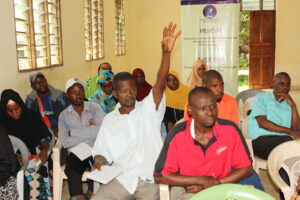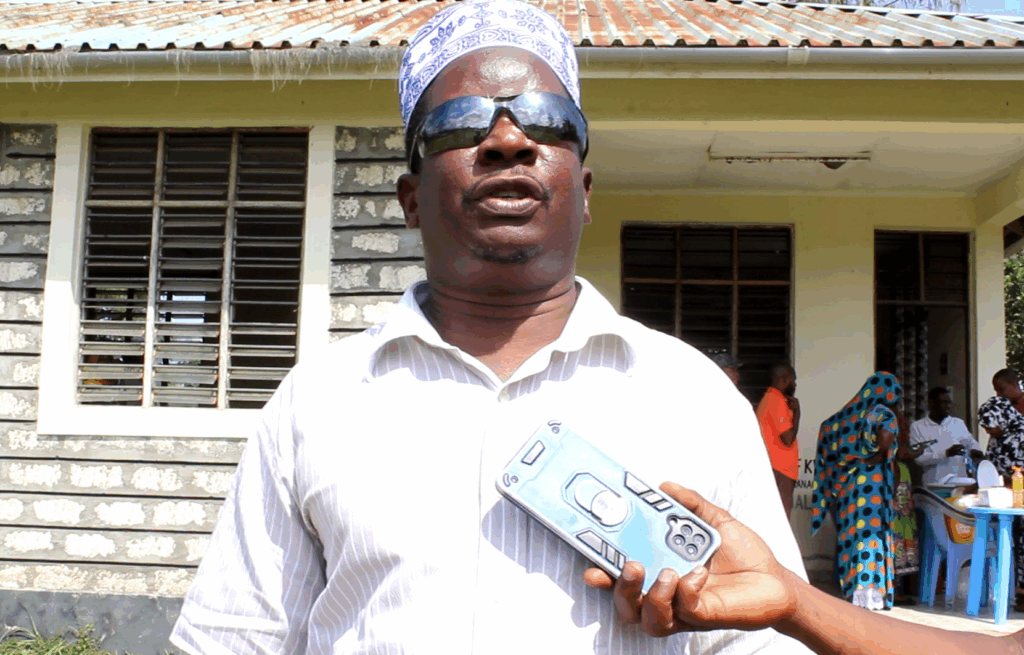Speaking during the closing of the training, MWARP’s Kwale County Coordinator, Mwalimu Ali, said that PMCs are critical instruments in ensuring that development projects are not just written on paper but are executed for the benefit of the intended recipients.
He noted that without proper oversight and community involvement, many projects risk being poorly implemented or completely abandoned.
“We have seen cases where projects are launched with great promise but later stall or are completed with substandard materials. That is why empowering local watchdog structures like PMCs is a game changer,” he said.
Mwalimu Ali said that when citizens are equipped with the right skills, they are better positioned to question irregularities, demand accountability, and protect public resources.
He said the training included practical sessions on how to conduct site visits, assess the progress of work, and document findings to relevant authorities.
“The role of PMC members does not end at project approval. They must follow through each phase from planning and procurement to implementation and completion to ensure no shortcuts are taken,” he added.
However, Ali expressed his concern that for a long time, the committees have lacked specialized training on project management, a gap that has often contributed to substandard development outcomes.
He added that the training was timely since it is empowering citizens to take part in holding service providers accountable.
Ali said the communities now understand that they have the right to question the quality of roads, classrooms, water projects, or health centers implemented in their areas.
He also urged other development partners and county agencies to support similar initiatives, noting that community-led oversight can significantly reduce cases of corruption and negligence in service delivery.
According to Ali, strengthening PMCs contributes to transparency and builds trust between citizens and duty bearers.
Furthermore, he called on the trained PMC members to act as ambassadors of accountability within their communities by sharing the knowledge and skills gained with others.
“This training should not end with you. Go out, sensitize your neighbors, and be the eyes and ears of your villages,” he said.



